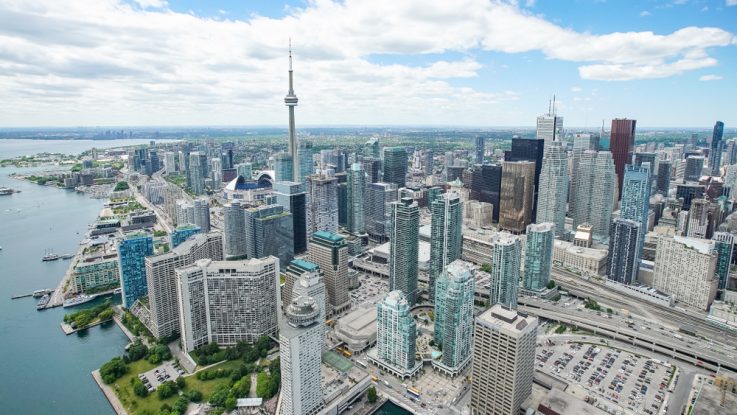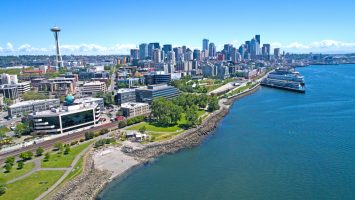
The city of Toronto, Ontario recently released its first resilience strategy with the aim of helping the city to “survive, adapt and thrive in the face of any challenge, particularly climate change and growing inequities.” In a news release, the city stated the strategy comes as Toronto continues to endure the effects of climate change, with such weather events as heat waves, ice storms, flooding, and extreme cold. Residents and businesses also face pressure from stresses such as affordability, congestion and aging infrastructure.
The Resilience Strategy is two years in the making. After being accepted to the 100RC network in 2016, an agenda setting workshop was held and a Preliminary Resilience Assessment created. The strategy was developed by conducting workshops on climate resilience and equity, neighborhood conversations led by community leaders, and collaboration with the Toronto Foundation that involved ten Resilience Hubs across the city.
The studies revealed Toronto’s six main resilience challenges:
- Equity – ensuring people have access to the things they need to thrive;
- Climate & Environment – coordinating large scale climate mitigation and adaptation efforts;
- Civic Engagement – ensuring that everyone is engaged in decision making and that there is a high level of trust in the government;
- Communities & Neighborhoods – “silos” are broken down and communities work together to solve problems locally;
- Housing – providing diverse housing solutions that ensure broad housing affordability; and,
- Mobility – providing multiple reliable, affordable, accessible, and safe mobility options.
The Resilience Strategy sets out action plans in three focus areas: People & Neighborhoods, Infrastructure, and Leading a Resilient City. Each focus area comes with specific goals and intended actions.
“Our growing risks and vulnerabilities are interconnected, as those who are most vulnerable, in many cases, are also at highest risk. This resilience strategy helps us to address these urgent and growing challenges,” Toronto’s chief resilience officer, Elliott Cappell, said in a statement.


